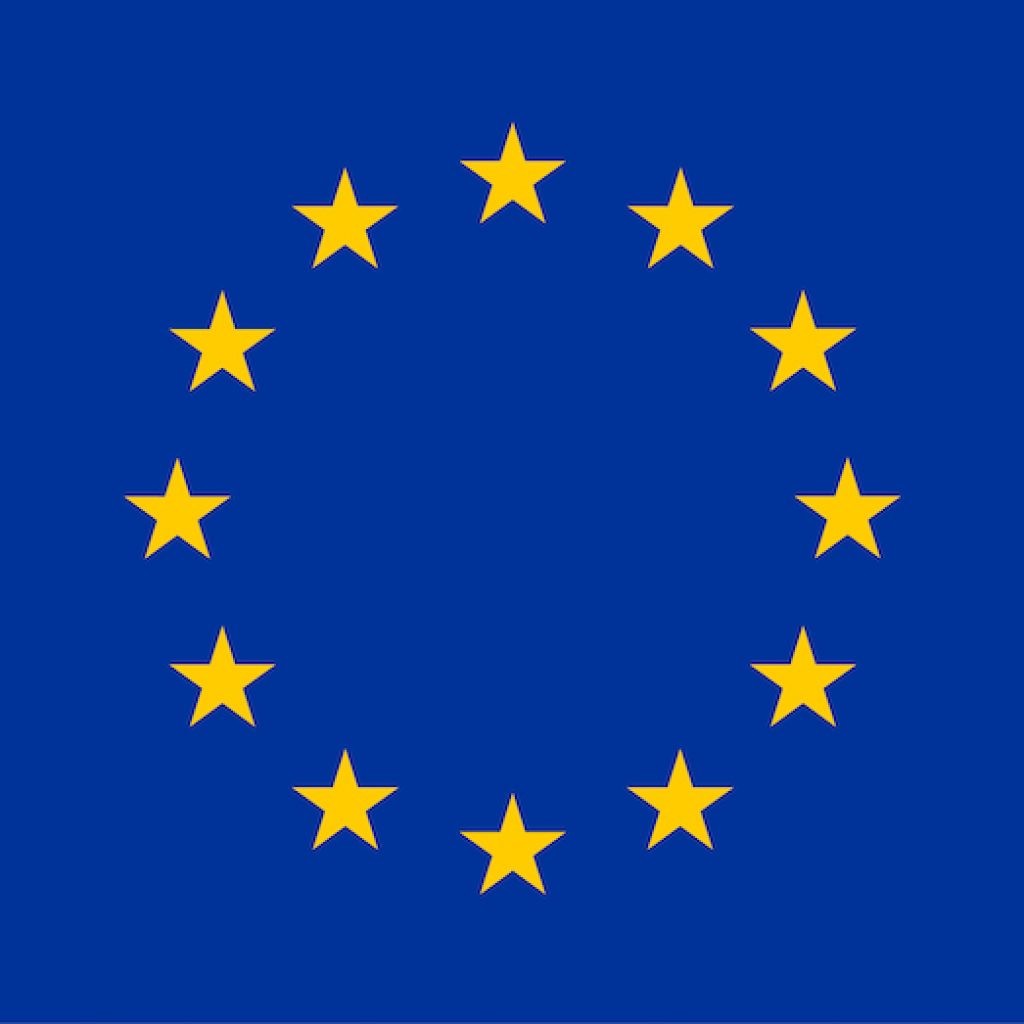(CapacityMedia) The European Union is moving ahead on its controversial plans to create a quantum-secure satellite system that will compete with Amazon’s Kuiper, OneWeb, SpaceX’s Starlink and others.
The 27-nation group said yesterday that space-based connectivity is “a strategic asset” for its resilience: “It enables our economic power, digital leadership and technological sovereignty, competitiveness and societal progress.”
The EU said that security will be one of the main differences from competing low Earth orbit (LEO) systems, “relying on quantum cryptography through the EuroQCI, and enhanced cybersecurity through a secure-by-design approach for the infrastructure”.
The EuroQCI initiative, which dates back to 2019, “aims to build a secure quantum communication infrastructure that will span the whole EU, including its overseas territories”, according to a separate EU document.
IQT-News: Quantum Satellite Internet- We need you
Airbus, SES and Eutelsat will carry out a technical study. An Airbus joint venture is building all the satellites for OneWeb, a rival LEO company whose main backers are Bharti of India, Eutelsat of France and the UK government.
Details of the new satellite project are scant so far. The EU said in an accompanying document: “This initiative will offer mobile and fixed broadband satellite access, satellite trunking for B2B services, satellite access for transportation, reinforced networks by satellite and satellite broadband and cloud-based services.
“It can support edge computing, internet of things, autonomous driving, e-health, smart working and education, in-flight and maritime connectivity, and smart agriculture.”
Breton added: “It will be a truly pan-European project allowing our many start-ups and Europe as a whole to be at the forefront of technological innovation.”
The EU said that the total cost is estimated at €6 billion, of which the EU will contribute €2.4 billion at current prices between now and 2027. Sources of other funds include member states, the European Space Agency (ESA) and private sector investments. The EU said: “A public-private partnership (PPP) is the preferred option.”
